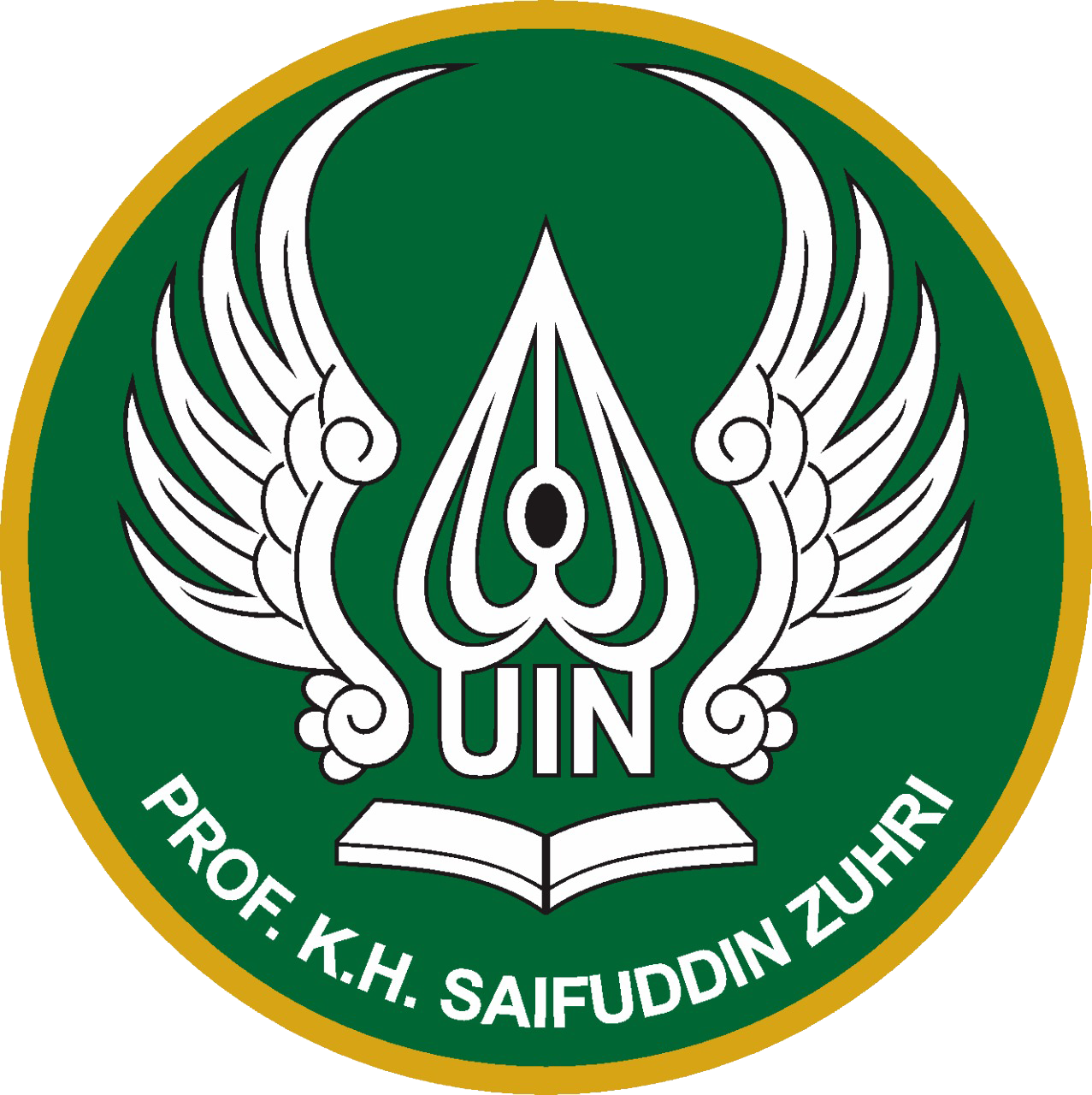Kontribusi Hadis terhadap Gerakan Zero Waste di Kalangan Muslim
DOI:
https://doi.org/10.24090/jpa.v25i2.2024.pp307-320Keywords:
Hadis, Konsumsi berkelanjutan, zero waste, IslamAbstract
Krisis lingkungan global menjadi perhatian utama di era modern, membutuhkan solusi inovatif berbasis nilai spiritual untuk mendorong keberlanjutan. Penelitian ini mengeksplorasi kontribusi hadis dalam mendukung gerakan Zero Waste, yang bertujuan mengurangi limbah melalui prinsip refuse, reduce, reuse, recycle, dan rot. Dengan menggunakan metode kualitatif dan pendekatan tematik, penelitian ini menganalisis hadis-hadis yang relevan dari berbagai kitab utama, seperti Ṣaḥīḥ Bukhārī dan Ṣaḥīḥ Muslim. Hasilnya menunjukkan bahwa nilai-nilai yang diajarkan Nabi Muhammad, seperti larangan pemborosan dan perilaku moderat, dapat menjadi landasan moral dan praktis untuk meningkatkan partisipasi Muslim dalam inisiatif keberlanjutan. Penelitian ini memberikan rekomendasi konkret untuk integrasi nilai-nilai hadis dalam kampanye lingkungan, kebijakan publik, dan pendidikan berbasis agama. Dengan demikian, penelitian ini tidak hanya menawarkan solusi teologis tetapi juga praktis untuk tantangan lingkungan modern.References
Ahmad, A., Hashim, M. H. A., & Hachim, G. A. (1997). Islam and the Environmental Crisis. Ta-Ha Publishers.
Ahmad bin Hambal. (2001). Al-Musnad. Muassasah Al-Risalah.
al-Ghazali, A. H. M. bin M. (1998). Iḥyā’ Ulūmaddin. Dar al-Kutub al-Ilmiyah.
Al-Asqalani, I. H. (1994). Taqrib at-Tahdzib. Dar Al-Fikr.
Al-Asqalani, I. H. (2006). Fatḥ Al-Bārī. Dar al-Hadith.
Al-Asqalani, I. H. (2015). Nuzhah al-Nazhar fi Tawdih Nukhbat al-Fikar. Dar Al Kotob Al Ilmiyah.
Al-Jawziyyah, I. Q. (2006). Madārij Al-Sālikīn. Dar al-Hadith.
Al-Nawawi, M. (1996). Al-Minhāj Syaraḥ Ṣaḥīḥ Muslim. Dar al-Ma’rifah.
Al-Qur’an & Maknanya: Terjemahan Makna Disusun oleh M. Quraish Shihab. (2010). Lentera Hati Group.
AR6 Climate Change 2022: Impacts, Adaptation and Vulnerability — IPCC. (t.t.). Diambil 21 November 2024, dari https://www.ipcc.ch/report/sixth-assessment-report-working-group-ii/
Azami, M. M. (2002). Studies in Hadith Methodology and Literature. The Other Press.
Hamka. (2015). Tafsir al-Azhar. Gema Insani.
Ibnu Majjah. (1417). Sunan Ibn Majjah: Vol. I. Dar Al-Fikr.
Kamali, M. H. (2002a). The Dignity of Man: An Islamic Perspective. Islamic Texts Society.
Kamali, M. H. (2002b). The Dignity of Man: An Islamic Perspective. Islamic Texts Society.
Nasr, S. H. (1997). Man and Nature: The Spiritual Crisis in Modern Man. ABC International Group.
Nasr, S. H. (2007). The Garden of Truth: The Vision and Promise of Sufism, Islam’s Mystical Tradition. HarperCollins.
PBB Peringatkan Ancaman Krisis Air Global – DW – 06.10.2021. (t.t.). dw.com. Diambil 21 November 2024, dari https://www.dw.com/id/krisis-air-global-ancam-dunia/a-59420944
The State of Food and Agriculture 2021. Making agri-food systems more resilient to shocks and stresses |Policy Support and Governance| Food and Agriculture Organization of the United Nations. (t.t.). Diambil 21 November 2024, dari https://www.fao.org/policy-support/tools-and-publications/resources-details/en/c/1457191/
Downloads
Published
How to Cite
Issue
Section
License
Copyright (c) 2024 Mokhamad Sukron

This work is licensed under a Creative Commons Attribution-NonCommercial-ShareAlike 4.0 International License.
Authors who publish with this journal agree to the following terms:
- Authors retain copyright and grant the journal right of first publication with the work simultaneously licensed under a Creative Commons Attribution-NonCommercial-ShareAlike 4.0 International License that allows others to share the work with an acknowledgement of the work's authorship and initial publication in this journal.
- Authors are able to enter into separate, additional contractual arrangements for the non-exclusive distribution of the journal's published version of the work (e.g., post it to an institutional repository or publish it in a book), with an acknowledgement of its initial publication in this journal.
- Authors are permitted and encouraged to post their work online (e.g., in institutional repositories or on their website) prior to and during the submission process, as it can lead to productive exchanges, as well as earlier and greater citation of published work (See The Effect of Open Access).







